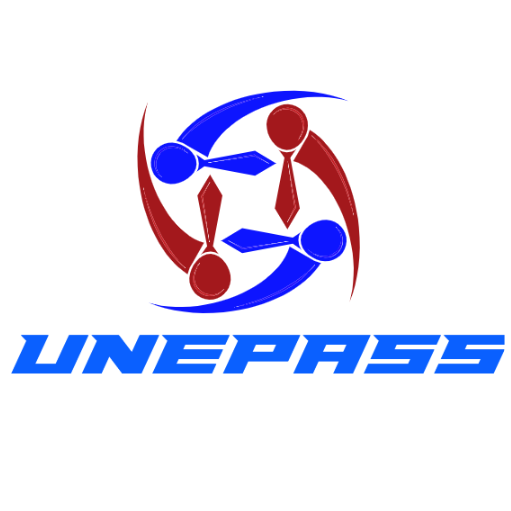Landing a job with the United Nations or an international NGO in South Sudan requires more than just qualifications – you need the right combination of technical expertise and personal attributes to succeed in one of the world’s most challenging humanitarian environments. Here are the essential skills that will make you stand out as a candidate:
1. Technical & Professional Skills
Core Humanitarian Competencies
- Program Management: Ability to design, implement and monitor projects in complex emergencies
- Sphere Standards Knowledge: Understanding of minimum standards in humanitarian response
- Budgeting & Donor Reporting: Experience with major donors (ECHO, USAID, DFID, etc.)
- Data Analysis: Proficiency in KOBO Toolbox, ODK or other data collection tools
- Security Protocols: HEAT training certification is highly valued
Sector-Specific Expertise
- Protection: GBV case management, child protection systems
- WASH: Emergency water supply solutions
- Food Security: Cash-based programming, nutrition surveillance
- Health: Emergency primary healthcare, disease outbreak response
2. Field-Specific Knowledge
South Sudan Context
- Understanding of the Revitalized Peace Agreement
- Inter-communal conflict dynamics
- Seasonal flooding patterns and their impact
- Local governance structures
Regional Experience
- Previous work in similar contexts (DRC, CAR, Somalia) is a major advantage
- Knowledge of cross-border displacement issues
3. Soft Skills for Survival & Success
Adaptability & Resilience
- Ability to work with frequent power/internet outages
- Comfort with basic living conditions
- Mental toughness to handle security incidents
Cross-Cultural Communication
- Basic Juba Arabic or local language skills
- Experience working with tribal leaders
- Understanding of gender dynamics in South Sudan
Team Leadership
- Managing multicultural teams (national and international staff)
- Remote team coordination skills
- Conflict resolution abilities
4. Digital & Logistics Skills
Technical Proficiency
- Advanced Excel for data analysis
- GIS mapping skills (ArcGIS, QGIS)
- Remote management tools (Zoom, Teams, satellite comms)
Operational Skills
- Supply chain management in conflict zones
- Remote monitoring techniques
- Vehicle fleet management experience
5. Language Skills That Give You an Edge
Essential Languages
- English (working proficiency)
- Juba Arabic (basic conversational)
Valuable Additions
- French (for regional coordination)
- Local languages (Dinka, Nuer, Bari)
How to Develop These Skills
For Entry-Level Candidates
- Take online courses on DisasterReady or Kaya
- Volunteer with local NGOs working with South Sudanese communities
- Complete HEAT training before applying
For Mid-Career Professionals
- Pursue certifications (PMD Pro, CHS Alliance)
- Request field deployments to similar contexts
- Develop specialization in high-demand sectors (protection, cash programming)
For Senior Applicants
- Build donor relationship experience
- Develop conflict-sensitive programming expertise
- Gain cluster coordination experience
What Hiring Managers Really Look For
“Beyond technical skills, we need people who can maintain professionalism during evacuations, build trust with local authorities overnight, and find solutions when all standard options fail.” – Country Director, International NGO in Juba
Pro Tip: Highlight these skills in your CV with concrete examples:
- “Led team through 3 security evacuations”
- “Negotiated access with 5 armed groups”
- “Designed flood-resistant WASH program”

